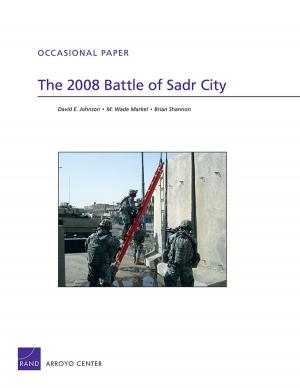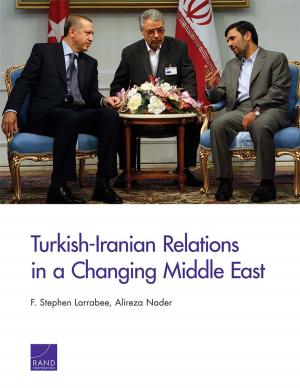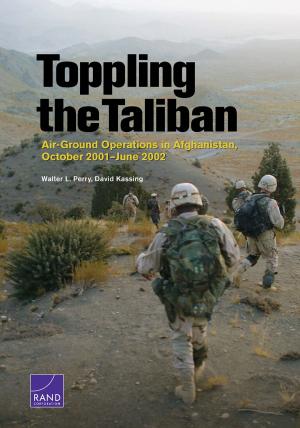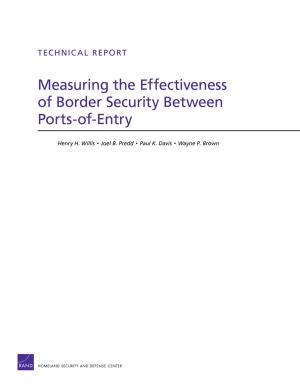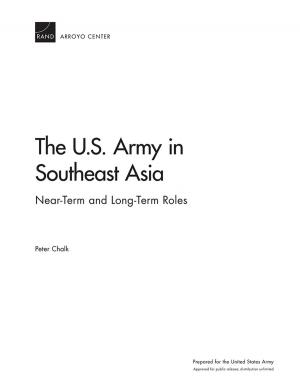Understanding and Influencing Public Support for Insurgency and Terrorism
Nonfiction, Social & Cultural Studies, Social Science, Cultural Studies, Emigration & Immigration, Political Science| Author: | Paul K. Davis, Eric V. Larson, Zachary Haldeman, Mustafa Oguz, Yashodhara Rana | ISBN: | 9780833058768 |
| Publisher: | RAND Corporation | Publication: | July 31, 2012 |
| Imprint: | RAND Corporation | Language: | English |
| Author: | Paul K. Davis, Eric V. Larson, Zachary Haldeman, Mustafa Oguz, Yashodhara Rana |
| ISBN: | 9780833058768 |
| Publisher: | RAND Corporation |
| Publication: | July 31, 2012 |
| Imprint: | RAND Corporation |
| Language: | English |
Using and testing a conceptual model that draws on social science and particularly social movement theory, this volume examines public support for al-Qa'ida's transnational jihadist movement, the Taliban insurgency in Afghanistan, the Kurdistan Workers' Party (PKK) in Turkey, and the Maoist insurgency in Nepal. The authors discuss which factors were most salient across cases, how their importance varied in each case, and how this understanding can inform strategy.
Using and testing a conceptual model that draws on social science and particularly social movement theory, this volume examines public support for al-Qa'ida's transnational jihadist movement, the Taliban insurgency in Afghanistan, the Kurdistan Workers' Party (PKK) in Turkey, and the Maoist insurgency in Nepal. The authors discuss which factors were most salient across cases, how their importance varied in each case, and how this understanding can inform strategy.



